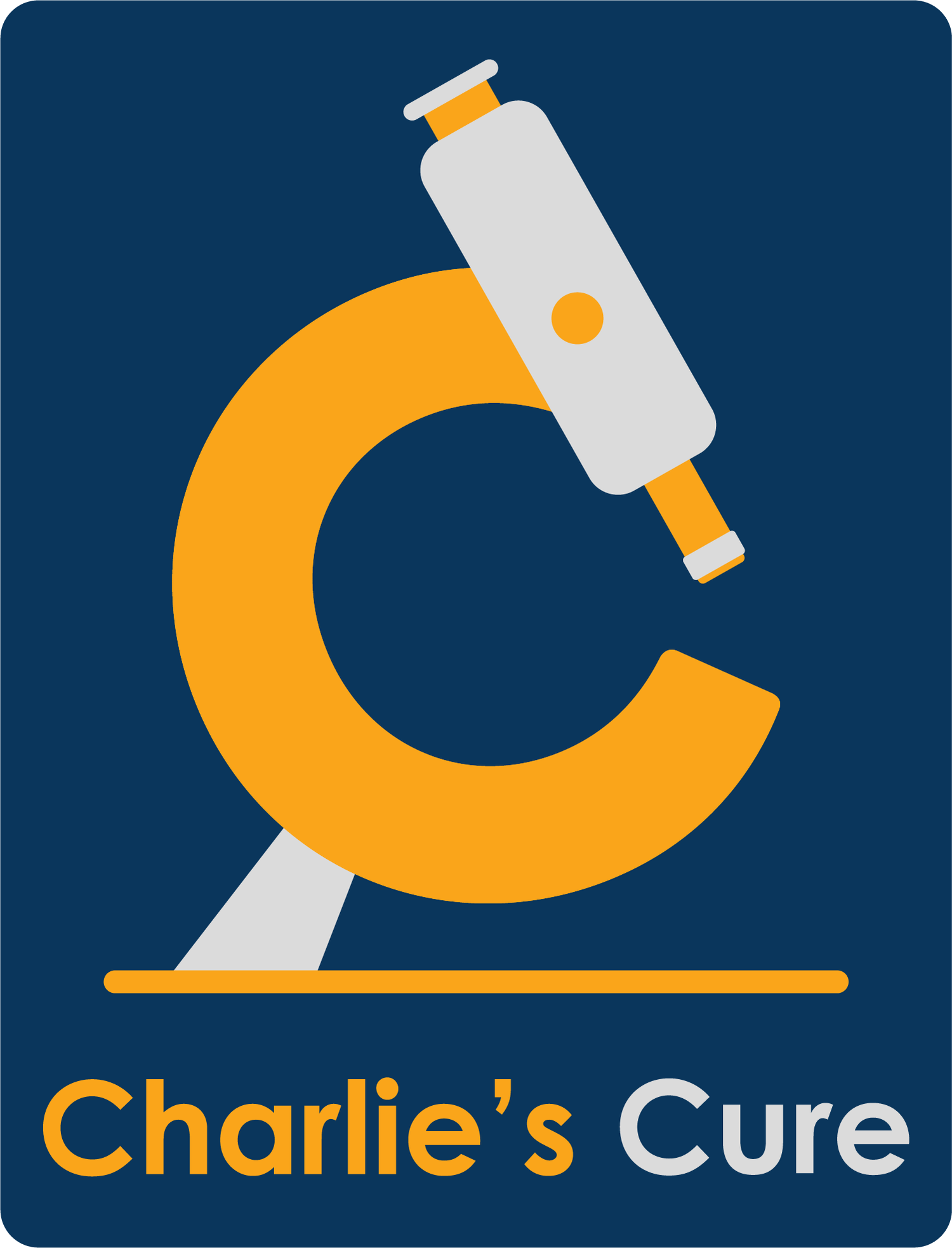The Boston Globe: Where There’s a Will, There’s Fenway
By Jennifer Handt
As published in The Boston Globe on March 28, 2023
October 2020. As baseball metaphors go, all of humanity feels stuck in a collective 10-game slump. We’re COVID-world weary. Adrenaline saturated, deflated. We may as well, we all think, just forfeit. Call the year early because no good could come of it now.
And then, bam. Hit by a pitch. My family’s personal losing streak somehow goes from bad to worse. Our 3-year-old son, Charlie, is dealt the cruelest hand: a rare genetic disease diagnosis — Duchenne muscular dystrophy, a kind of slow death sentence where each lived day edges you closer to a more-or-less predictably timed end.
I weep my way through Google search results — teens confined to wheelchairs, their faces moon-shaped from daily steroid use, the one and only available weapon against this unruly beast. There would be no youthful myth of immortality for my boy — no stretching out and settling into life like a languid summer afternoon in the grandstand at Fenway.
I dig in, become a kind of hope detective. I search for an angle into this sad story where my son might somehow defeat the beast. I hear frequencies of hope tune in and out like the static of WEEI in a spotty area. “Don’t get ahead of yourself on this,” says one seasoned mom, “We are in a much better place than when my son was diagnosed.” The promise of victory is an uphill climb, to be sure — but possible. Within reach. As a lifelong, card-carrying member of Red Sox Nation, it’s all I need to hear.
The fortitude required of a Red Sox fan is as deeply embossed upon my being as the faulty dystrophin gene I passed on, unwittingly, to my son. I remember learning to hold my head in my hands in front of the TV screen as Jerry Remy commented on the latest tragic outfield mishap that would surely seal the Curse of the Bambino for yet another season.
It didn’t even strike me as odd at the time how comfortable we were with disappointment, our lot in life as Boston fans — it was as straightforward an expectation as the Minutemen reenactors marching past my house, down Concord Street toward Lexington, every Patriots Day. A high school classmate chose “Someday, the Red Sox will win it all” as her senior yearbook quote and no one batted an eye.
Faith in the Red Sox was always like faith in God or Santa Claus. You had no scientific proof that the Sox would, in fact, someday win it all — but you could just sense the possibility out there in the ether. You knew that if you put in the time and you really, truly believed, your faith had to be rewarded at some point. We all trusted it like a law of our universe. So we kept going to games and sticking with the Sox until the bitter end. We wore our lucky T-shirts. We did the wave. We sang “Sweet Caroline” and never once lost the oomph in our bum, bum, bum.
And then, our faith was rewarded. The Curse was broken. It really, truly happened. We were vindicated in our decades-long blind belief. More important, we didn’t take that sweet euphoria of victory for granted, like certain pinstripe-clad counterparts to the south. We’d earned it — the honest, gritty Boston way.
Since my son’s diagnosis, routine social pleasantries — “How are you doing?” — have taken on new complexity. The only honest thing I can say is that most of the time, the game goes on. Most days it’s fair conditions, an even matchup, us vs. Duchenne. Like pitchers and catchers at spring training, we show up. We keep at it: balls, strikes, the occasional hit. We do the work. We hope and pray for ever more seasons ahead. We trust in science, in the promise of a cure. We dream of the impossible.
Something within me rose up the second I heard Charlie’s diagnosis; I was ready for a fight. In the face of a daunting adversary and long odds, with faith stress-tested by gut-wrenching setbacks, I recognized what I had to do like the familiar “B” on a baseball cap. I learned it all at Fenway.
Jennifer Handt is a writer, communications adviser, and founder of Charlie’s Cure, dedicated to finding a cure for Duchenne muscular dystrophy.

